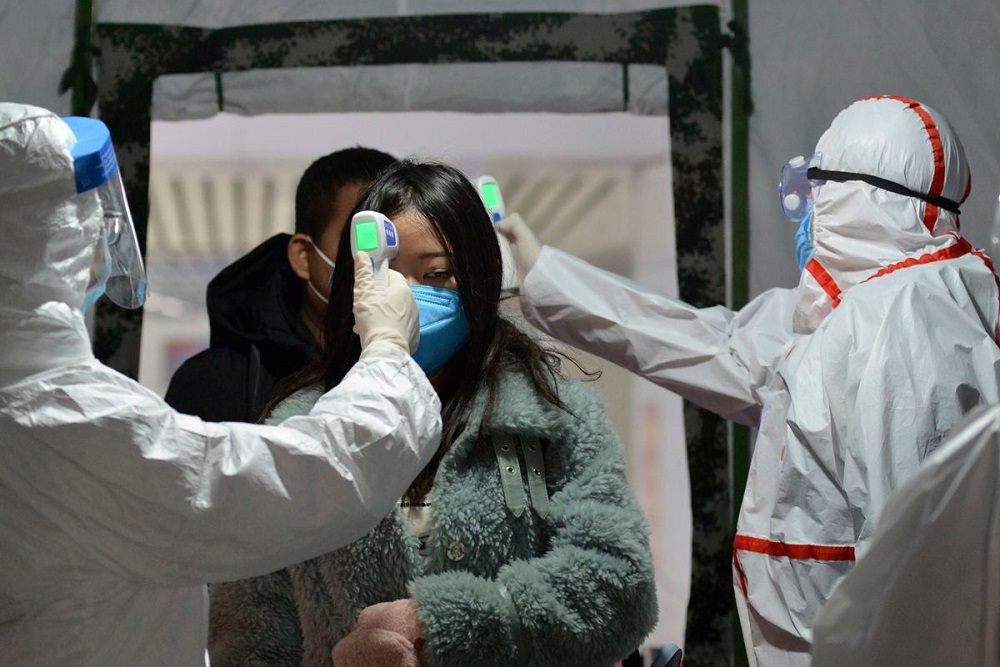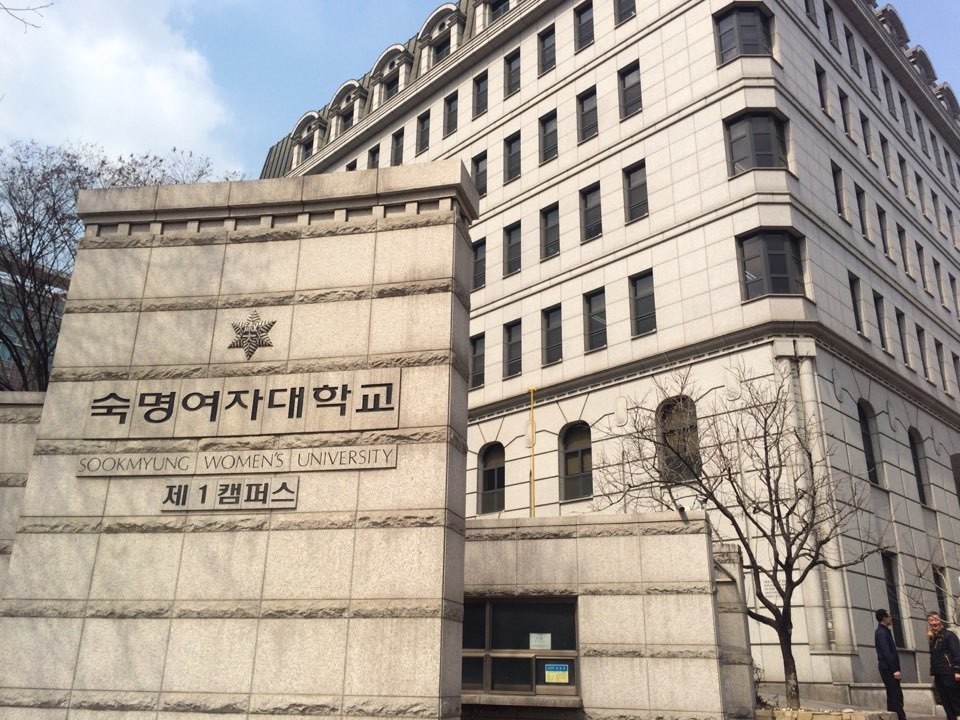British universities with branches in China have extended their academic resumption date after Beijing announced it would extend the closure of China’s higher education sector into March due to the continuous spread of the coronavirus.
Nottingham, Birmingham City, and Leeds universities were among the British universities that delayed the return of academics and students until March 2.
The British universities’ fear was heightened as four more patients in England have tested positive for coronavirus, taking the total number of cases in Britain to eight.
The new cases were all known contacts of a previously confirmed British patient in France and were identified by public health officials working to trace possible cases.
Currently, the death toll from the virus stands at 908, with most of them in Wuhan and the surrounding Hubei province. A total of 40,171 infections have been confirmed nationwide, and 25 countries have confirmed cases of the epidemic.
In the spirit of scientific solidarity, 400 of the world’s leading experts will gather this week at @WHO HQ Geneva to prioritize work on all the tools we need, including rapid diagnostics, a vaccine & effective treatments.https://t.co/NNd359dUdk
— Tedros Adhanom Ghebreyesus (@DrTedros) February 9, 2020
Birmingham City University spokesperson said the reopening of the institution would be a matter for their Chinese partners and the containment of the new strain.
Notably, the British university has 1,000 Chinese students at its joint venture with Wuhan Textile University, known as the Birmingham Institute of Fashion and Creative Art.
Also, Nottingham University who operates a campus for almost 8,000 students in the city of Ningbo, 125 miles south of Shanghai, noted they are not resuming soon.
According to the British university spokesperson, their main priority is towards the protection of the health of its students, staff, and community.
Nottingham spokesperson said:
our aim will be to ensure that none of our students are academically or economically disadvantaged. Along with our other universities in China, as the campus is observing all advice from the health authorities.
Liverpool University, which also has a joint venture with Xi’an Jiaotong University, which has 32,000 students and is based north-east of Wuhan, also announced support for the postponement of resumption.
More British universities are also following suit, with plans been put in place to hold up on resumption of school work.
Other academic institutions emulating British universities
In a bid to prevent the spread of the epidemic, Baptist, Hong Kong, and Polytechnic universities have told its students that classes will not be held on campus until early March.
Many other academic institutions have also adopted the British universities’ technique, postponing the resumption of educational sessions till March.
Last week, the Hong Kong government said kindergartens and primary and secondary schools would have their breaks extended until February 17, but calls for a further suspension of classes have grown over the past few days.
In Macau, the government also announced the suspension of classes for kindergartens, primary and secondary schools, and tertiary institutions until further notice, with a specific date to be announced one week before lessons resume.
China quarantined
Notably, since the outbreak of the virus, significant airlines have suspended flights to China, and governments in the region have blocked Chinese nationals from leaving the country.
The US, Australia, and Singapore have blocked all foreign visitors who have recently been to China.
City streets and shopping malls in China have largely been deserted for the last two weeks while leading global corporations continues to closeup and evacuate staff from the region.
Apple, which relies on China for about a fifth of its store sales, has closed its shops and offices until further notice. Starbucks closed almost half of its 4,300 outlets in China, leading to a dramatic fall in the price of coffee in international markets.
Cuts in factory production across the country’s industrial heartland have also pushed down the price of oil from almost $70 for a barrel of Brent crude a month ago to $54 last week.
Notably, the country is suffering significant setbacks as regards the epidemic outbreak, necessitating substantial reasons for the need for a cure.







